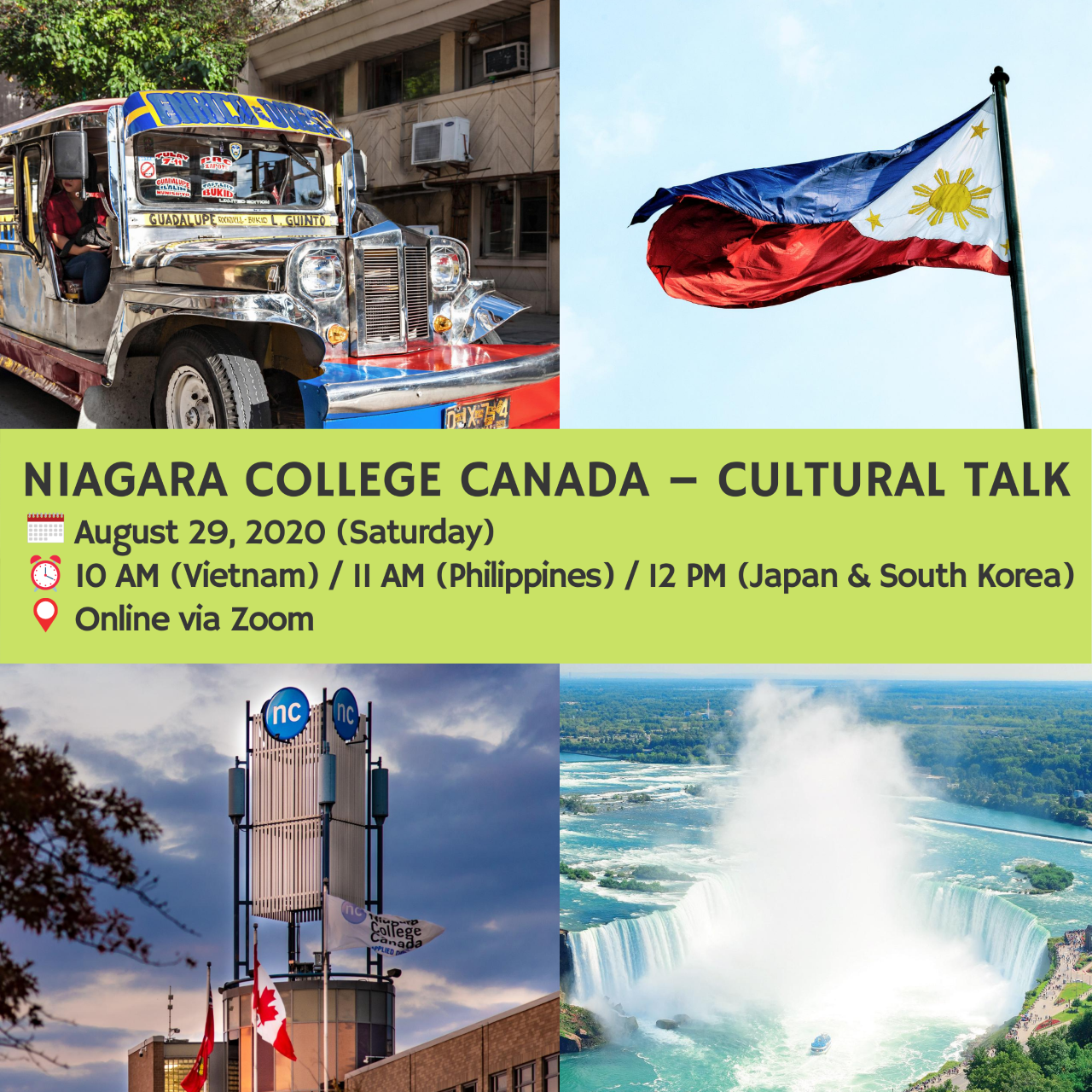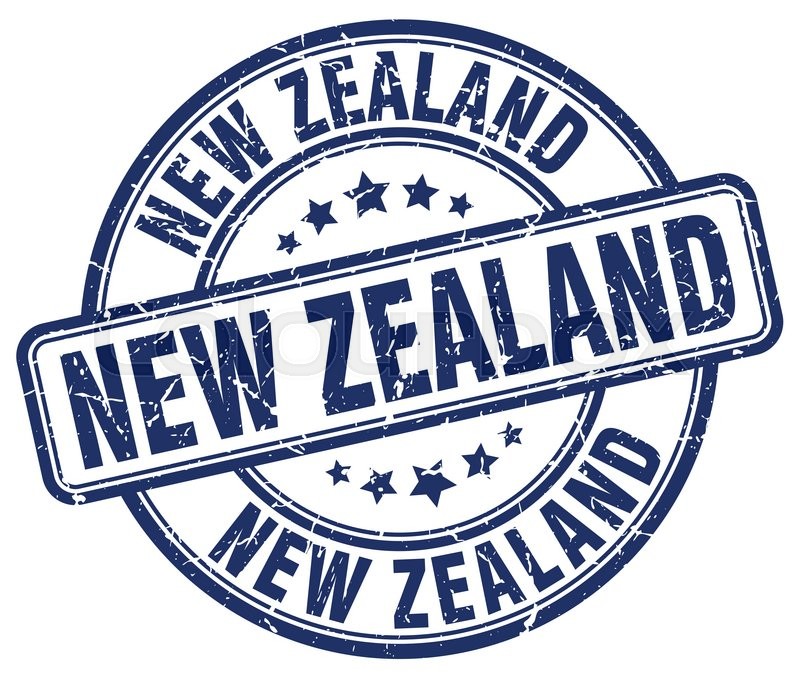International students and the international education sector are a valued part of New Zealand’s education system and community. We want to ensure that students, agents and providers have ready access to the information they need.
For students – go to NauMai NZ for information especially for international students in New Zealand.
Current situation in New Zealand – as at 12 August 2020, 11:05 NZT
At 12 noon on Wednesday, 12 August NZT, Auckland region will move to Alert Level 3 for at least three days.
High-level overview of Alert Level 3 in Auckland:
- Travel in and out of Auckland is restricted to essential travel only. If you don’t live in Auckland you can travel out of Auckland to return home, but be conscious of your health, and if you display any symptoms, get a test.
- Schools and childcare facilities can safely open but with limited capacity. Where possible, children should learn from home.
- People are encouraged to work from home if they can.
- All public facilities, bars, restaurants, and businesses should close.
- Gatherings of up to 10 people are allowed but only for wedding services, funerals, and tangihanga. Physical distancing and public health measures must be maintained.
- Keep a 2-metre physical distance and wear a mask when in public when you can’t distance and when accessing an essential service.
- Supermarkets, pharmacies, and petrol stations remain open – shop as normal so others can do the same.
Read an overview of restrictions for Auckland here.
At 12 noon on Wednesday, 12 August NZT, the rest of New Zealand will move to Alert Level 2.
High-level overview of Alert Level 2 in rest of New Zealand
Alert Level 2 is not life as normal. You can still go to work and school, but you should:
- keep a distance of 2 metres from people you don’t know when out in public and 1-metre physical distancing in controlled environments like workplaces, where practical.
- wash your hands
- sneeze and cough into your elbow
- keep a track of where you’ve been and who you’ve seen
- wear a mask if you can.
Read more about Alert Level 2 here.
Read more on New Zealand’s official COVID-19 website – Unite for the Recovery.
Students
From 10 August, people outside of New Zealand will not be able to apply for temporary visas (including student visas) for 3 months. Read more on this Immigration New Zealand link.
Information for international students on COVID-19 and Alert Levels is available on NauMai NZ, an Education New Zealand resource to support international students studying in New Zealand.
- International students can sign up to NauMai NZ to receive regular email updates.
- Students from China can follow the ENZ WeChat account.
- If you are a student and need some help, we have developed a hardship information resource. This includes information on where you can get food parcels and other essential items.
Study during Alert Level 1
- All schools and early learning services are open under Alert Level 1.
- Tertiary students should check their organisations’ onsite opening plans. Most are organising a phased return to onsite learning while maintaining distance learning options.
- The Ministry of Education website is the official source of information for New Zealand’s education sector during the COVID-19 outbreak. It has advice and information for students and their families including in simplified Chinese. It also has information for education providers and homestay families.
- For any other information that your tertiary education provider is unable to help with, call the Tertiary Education Commission on 0800 123 797.
Assistance for foreign nationals programme
- The Assistance to Foreign Nationals Impacted by COVID-19 Programme opened 1 July 2020.
- Any foreign national in New Zealand – including international students – may apply for this support if they are experiencing temporary hardship due to the effects of COVID-19. More information here.
New Zealand border
- The New Zealand border is closed except to New Zealand citizens and residents, and a small number of limited exceptions.
- There is more information on the border closure and what some of the exceptions are on the Immigration NZ website.
Repatriation travel for international students
- Education providers who are assisting international students with flights must meet their duty of care obligations towards students.
- For more information on travel for international students returning to their home countries, visit this page on the COVID-19 website.
Extensions to student visas
- The Government is extending visas of temporary migrants in New Zealand, including international students, to ensure that there is some certainty for them as they face the challenges of being in a foreign country at this extraordinary time.
- International students in New Zealand with visas expiring between 2 April and 9 July 2020 will have their visas automatically extended to 25 September 2020 at no additional cost.
- Confirmation of extensions will have been emailed to all visa holders.
- If your visa expires after 9 July 2020, your current visa expiry date is unchanged. You need to either leave the country before your visa expires, or make an application for a new visa.
- If you have completed your studies, are unable to complete your studies, wish to extend your course, or to change your course or education provider, you should submit an application for a new visa or variation of conditions. Find more information on the Immigration New Zealand website: COVID-19 information for student visa holders.
- The visa extension also applies to NZeTA holders, who are issued a three-month visitor visa on arrival into New Zealand. Visitor visas of NZeTA holders will be extended to 25 September 2020 (the same as those who are on visitor visas).
- Immigration New Zealand has set up a dedicated web page for student visa holders. This will provide you will the latest information and advice on COVID-19 related visa queries.
- You can also call the Immigration Contact Centre on 0508 225 288 (within New Zealand) or +64 9 952 1679 (outside of New Zealand).
Short-term visa variation of conditions
- Variations for students who were employed in an essential service role expire at 11.59pm on Wednesday 24 June.
- Immigration New Zealand will stop accepting requests for short term variations for essential services on Thursday 18 June 2020.
- If you were employed in an essential health worker role (including aged residential care) on 3 April 2020, you will be able to work more than 20 hours for the period 3 April 2020 to 3 July 2020.
Support if your visa has expired
We understand that there may be international students in New Zealand who were unable to leave the country before the expiry of their visas and who do not currently hold a valid visa.
If your visa has expired, you will need to send an email outlining your circumstances to s61@mbie.govt.nz, including:
- personal details: full name, date of birth, and your Immigration New Zealand client number if known
- a copy of the personal details page in your passport.
- contact details: your email address, phone number and postal address
- an explanation of your circumstances
- what type of visa you would like (for example a visitor visa) and how long you believe you might be required to extend your stay in New Zealand.
COVID-19 wage subsidy for international students
- The New Zealand Government has a wage subsidy available to support employers and their employees affected by COVID-19.
- International students whose visa allows them to work in New Zealand and whose employment has been affected by COVID-19 are advised to check with their employer whether they are eligible for a wage subsidy.
- More details on the wage subsidy, including frequently asked questions by employees, are available on this link.
International Student Hardship Fund
- The New Zealand Government established a $1M hardship fund for international students to address urgent, temporary needs, for example temporary inability to access cash or because of reduced part-time employment.
- The fund has now been allocated and we are no longer able to accept applications.
Healthcare and insurance for international students
- International students are eligible for free, public healthcare if they think they have COVID-19. Further information is available on the Ministry of Health’s website.
- People who develop symptoms of a cough, fever, shortness of breath, a sore throat, sneezing and runny nose, and a temporary loss of smell should seek medical advice – phone Healthline’s dedicated COVID-19 number 0800 358 5453.
- New Zealand Qualifications Authority advises international students to contact their insurance provider directly for up-to-date advice on any changes to their cover as a result of the COVID-19 outbreak, and to then consider their options, and take the course of action that is in their best interests.
Information for education providers
Key sources of health information
If you are in New Zealand:
- The official New Zealand Government source of information is website – covid19.govt.nz – with information on:
- The symptoms of COVID-19 and how to seek medical help
- How to protect your mental wellbeing
- Self-isolation
- Content for speakers of other languages.
- Call Healthline for health-related calls about COVID-19 on 0800 358 5453. Or for international SIMs +64 9 358 5453. You can talk with a member of the National Telehealth Service and interpreters will be on hand. The number is staffed by nurses, paramedics and health advisors.
- You can also follow the Ministry of Health on Facebook @minhealthnz for key updates and on Twitter @minhealthnz.
If you are outside of New Zealand the best source is the World Health Organisation (WHO):
Other advice









